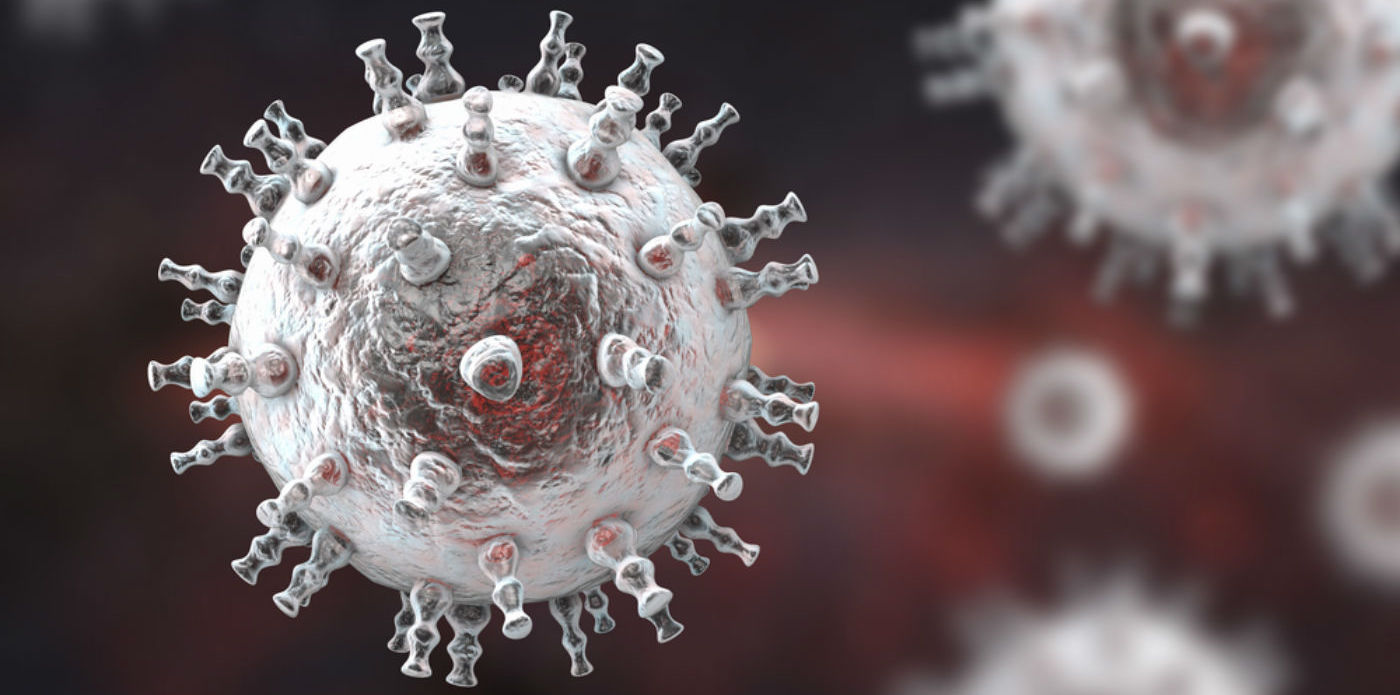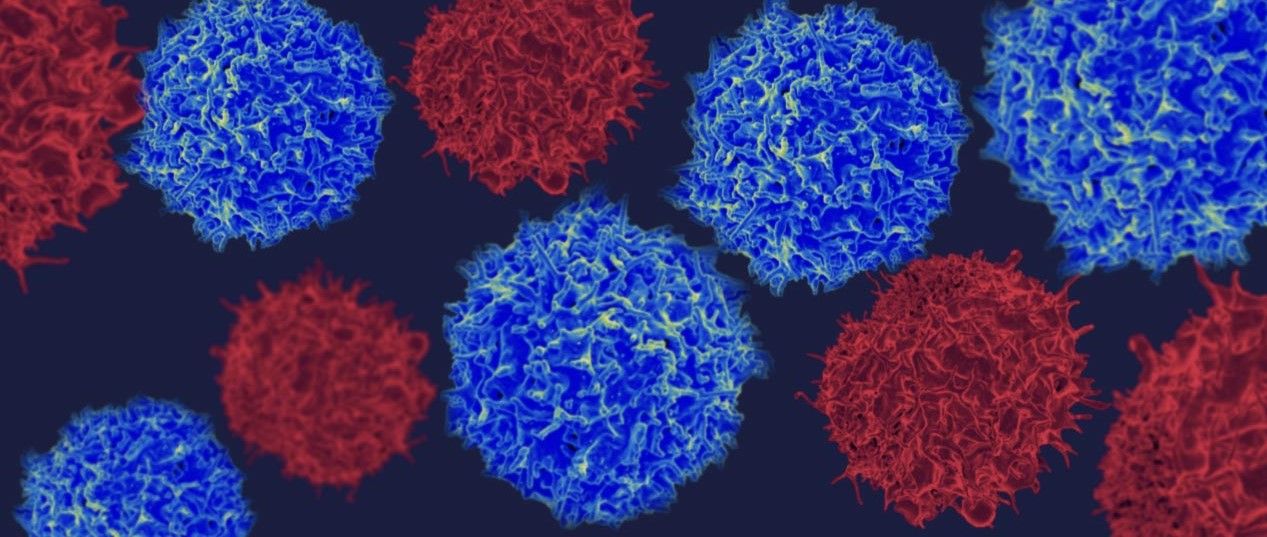The Cancer Genome Atlas (TCGA) provides a high-quality resource of molecular data on a large variety of human cancers. Corces et al. used a recently modified assay to profile chromatin accessibility to determine the accessible chromatin landscape in 410 TCGA samples from 23 cancer types (see the Perspective by Taipale). When the data were integrated with other omics data available for the same tumor samples, inherited risk loci for cancer predisposition were revealed, transcription factors and enhancers driving molecular subtypes of cancer with patient survival differences were identified, and noncoding mutations associated with clinical prognosis were discovered.
The accessible genome of primary human cancers provides a wealth of information on the susceptibility, mechanisms, prognosis, and potential therapeutic strategies of diverse cancer types. Prediction of interactions between DNA regulatory elements and gene promoters sets the stage for future integrative gene regulatory network analyses. The discovery of hundreds of noncoding somatic mutations that exhibit allele-specific regulatory effects suggests a pervasive mechanism for cancer cells to manipulate gene expression and increase cellular fitness. These data may serve as a foundational resource for the cancer research community.




